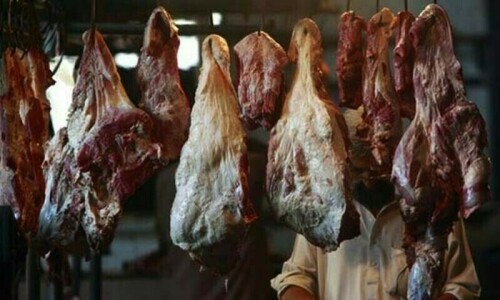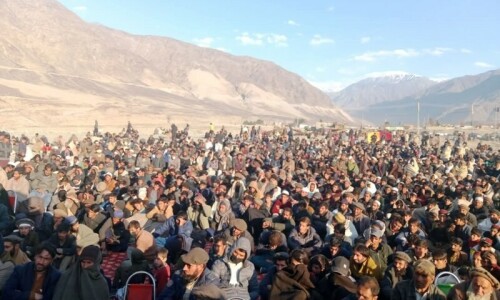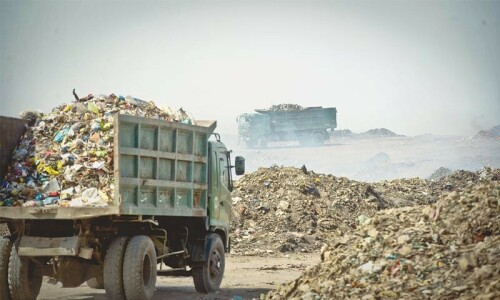ISLAMABAD: Pakistan is likely to lift the ban on the commercial export of sheep and goats imposed more than a decade back, mainly responding to the demand from Gulf countries.
The Ministry of National Food Security and Research (MNFSR) has finalised the summary in this regard and sought permission from the federal cabinet to undo the decision taken in 2009.
The Executive Committee of the Special Investment Facilitation Council (SIFC) has considered the matter and agreed to lift the ban on live animal export. According to the summary, several domestic investors have already started small- to medium-scale feedlot fattening farms, which are expected to create a surplus of goats and sheep in the coming years.
“The MNFS&R has also approached various countries for investment in feedlot fattening farms of small and large ruminants, and serious interest has been shown by Saudi Arabia, Kuwait and the UAE,” it added.
SIFC has already given its consent amid high demand from Gulf countries
The summary highlighted that the agriculture sector contributes around 24 per cent to gross domestic product. The livestock sector accounts for 60.84pc of the agricultural value added and 14.5pc GDP during 2023-24.
The summary said that animal husbandry remains an important economic activity for rural dwellers, with over 8 million families engaged in livestock production and deriving around 35-40pc of their income from the sector.
In 2023-24, Pakistan’s diversified inventory of food-producing animals stood at 224.7 million heads, including 57.5m cattle, 46.3m buffaloes, 32.7m sheep, 87.00m goats and 1.2m camels and produced a total quantity of around 70m tonnes of milk and 3.447m tonnes of meat including 2.630m tonnes of beef and 0.917m tonnes of mutton besides 2.363m tonnes of poultry meat.
Previously, the export of live animals was permitted with the approval of the Economic Coordination Committee of the Cabinet (ECC) in 2009. However, smuggling through the porous border, mainly with Afghanistan, led to its local shortage, and the government observed that it was creating domestic price instability.
The summary added that to ensure price stability in the domestic market and considering the demand and supply chain, a ban was imposed on the commercial export of live animals with the approval of ECC in July 2013. The complete ban on commercial export of live animals remained enforced.
The summary also noted that with effective anti-smuggling measures and border fencing, the demand and supply situation has improved, resulting in the stability of the price of mutton.
Published in Dawn, October 6th, 2024



















































Dear visitor, the comments section is undergoing an overhaul and will return soon.